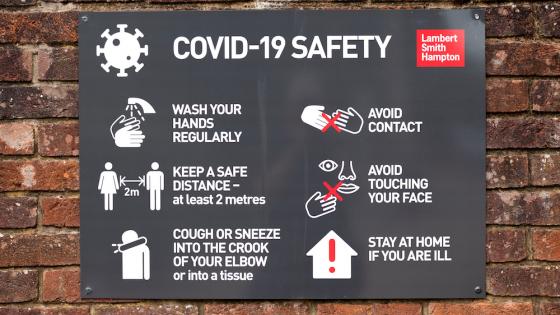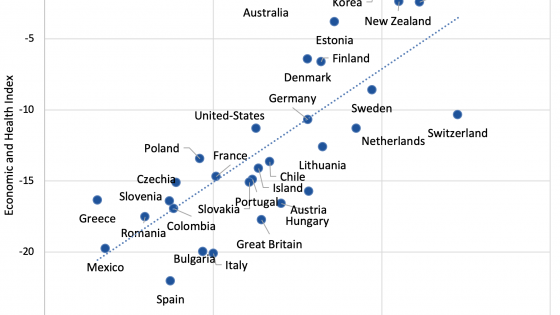DP13194 Shaming for Tax Enforcement: Evidence from a New Policy
Many tax authorities make ample use of public shaming, mainly to enforce tax payments. However, our understanding of the policy is very limited. It is unclear whether public shaming affects corporations, which account for the bulk of unpaid taxes, and whether previously compliant taxpayers are adversely affected. This paper makes progress on these questions by exploiting comprehensive administrative tax data and the introduction of a novel naming-and-shaming policy in Slovenia in 2012 as a natural experiment. The policy affected both individuals and corporations. It was announced four months before its implementation, which allows us to separate responses to the threat of shaming from responses to actual shaming. We show that corporations reduce their tax debt by 8.5% in response to the threat of shaming, particularly in industries where reputational concerns are likely to be important. Individuals reduce their tax debt by 5%. The publication of the first naming-and-shaming list further reduces tax debt among shamed taxpayers. This effect, however, is marginal in terms of revenue and tapers off quickly. Previously compliant taxpayers remain compliant throughout.


